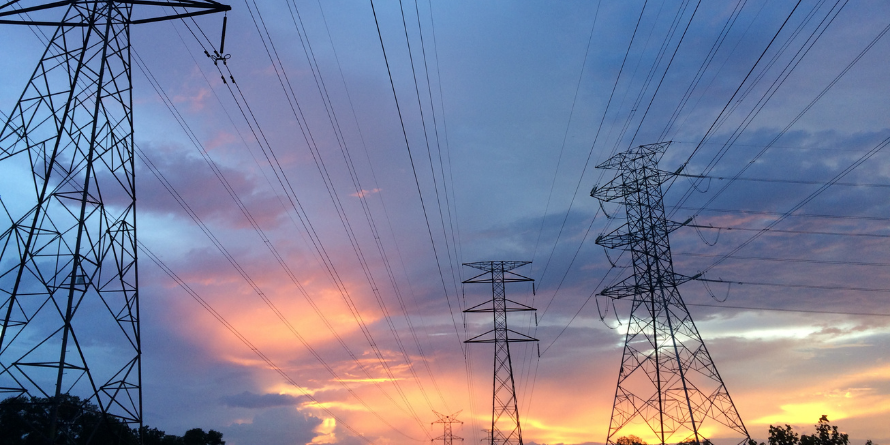Posted on: 02/10/2023
At SmartestEnergy, we are committed to supporting the energy system and continuously exploring innovative ways to help our customers extract value from their energy consumption. In this blog, Bozhidar Bozhkov, Head of Product for Digital Trading and VPP, discusses the success of our 'Optional Demand Response' (ODR) trial service, which allowed our customers to build flexibility into their operations, enabling them to optimise their energy usage and contribute to a more sustainable future.
Last year, we initiated our ODR pilot program. Given the considerable increase in prices and market volatility and the disappearance of Triads, we identified an opportunity to both enhance the value of our customers' flexibility and effectively manage our volume risk. Within a short timeframe of seven weeks, we brought together experts from various teams, devised a plan, and launched the service intending to run it for up to three months. However, ten days later, Russia invaded Ukraine, changing the energy markets for years to come. Due to the continued market volatility, the pilot project was extended and successfully ran for nearly 14 months, averaging a paid ODR rate of £240 per MWh with prices reaching up to £850 per MWh of reduced demand.
The ODR service effectively exposed the market volatility to our customers, incentivising the use of any flexibility they may have. These market-indicative price signals were provided daily (Mon-Fri/ 3-11 pm) and participation was completely optional, with no obligations, risks or downsides to the customer. By adjusting their demand in response to these price signals our customers were not only paid for the reduced volumes but also avoided the energy costs they otherwise would have incurred.
Over the trial period, we enlisted six different customers across a range of sectors, and with a simple process with no commitment, considerable savings were made, with customers keen to engage further in future. Overall, the pilot resulted in a combined demand reduction of approximately 1.538 GWh, equivalent to the annual electricity consumption of over 530 UK homes. Close to 90% of that was delivered through actual demand turn-down, ensuring a more stable and cleaner electricity grid.
We were pleased to see National Grid ESO launching their Demand Flexibility Service (DFS) later that year with commercial and operational profiles akin to those of our ODR service. We considered this as a validation of our own approach and a sign of fundamental compatibility between the two services – an area we are keen to further explore in the future.
Key learnings of Optional Demand Response
- Simplicity – The commercial and operational simplicity of this service was a cornerstone of its success. In a short onboarding call, we would agree on a baseline, and once live, the customer would receive ODR prices daily with no obligation to deliver a response or inform us in advance of their response plans. At the end of the month, they let us know when they participated so we could analyse their performance and produce the required statements. By design, this service was set up to be as operationally simple as possible with no risks or penalties to the customer.
- TPI Engagement - One key benefit noted by one of our customers was collaboration. Upon learning about the trial service, their TPI put the customer first, quickly and efficiently guiding them through the onboarding process and then stepping away and giving them the space to leverage their expertise and manage their own participation. We were thrilled to see such a customer-focussed approach with positive TPI engagement and stronger customer relationships.
- Generating Revenue – Another of our customers highlighted the benefits of the service as a revenue generator, as well as an energy saver. As prices increased, particularly around Winter 2022, it made financial sense to participate in the program, especially when there were no commitments or penalties, monetising their flexibility. Whilst it was not always simple to reduce their energy consumption, they succeeded in responding on multiple occasions without negatively impacting their production commitments.
The Future of Flexibility
Allowing more flexibility in energy management will play a key role in helping to provide the capacity and flexibility needed to operate a future net zero electricity system. There is still a way to go, but trials like this provide invaluable learnings and ensure that the many complexities of commercial and industrial Demand Side Response are managed in an optimal and sustainable manner. With the support of our customers, we plan to incorporate these learnings and insights from this initiative into our future product development plans.

 United States
United States Australia
Australia






